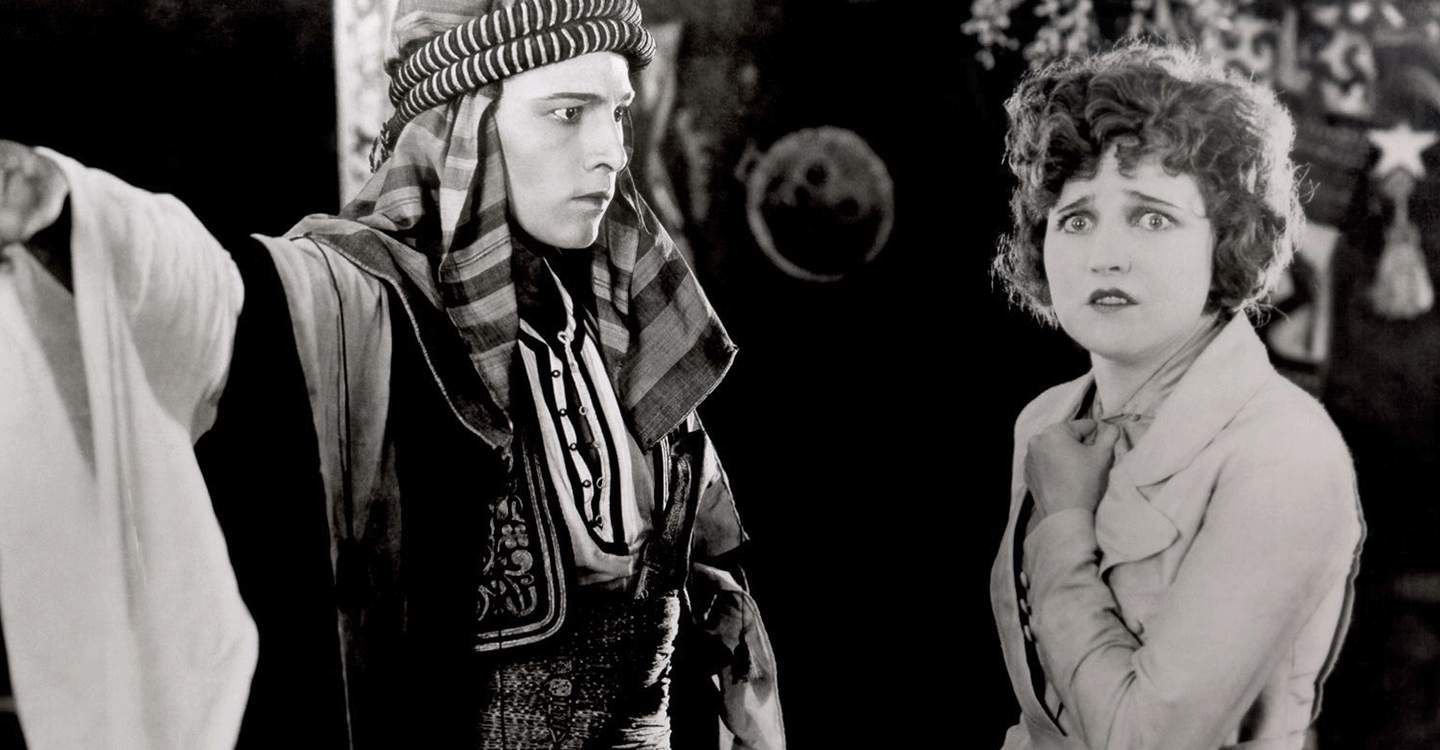Millennials, by definition, are those born between 1982 and 2000. They came of age in the new millennium and are more diverse than any other generation, growing larger as young immigrants continue to come to the United States. As of a census completed in 2015, millennials surpassed the baby boomers as the largest living generation. Want to know what they think about healthcare? Read on.

Companies need to tailor their marketing efforts to appeal to this generation. But what personality traits, both good and bad, define millennials?
- They are receptive to new ideas since they are part of an ever-changing society and culture.
- They embrace a healthy lifestyle and strive for a solid work/life balance.
- They are supportive of equal rights and view themselves as “do-gooders.”
On the flip side:
- Attention spans are short and they are very impatient. With the enormous amount of media outlets available at their fingertips, it’s no wonder millennials sometimes can’t stay focused and demand answers now.
- They suffer from Peter Pan Syndrome. With a growing life expectancy, millennials are taking their time completing milestones that signify adulthood, like buying a home and getting married. They are not quick to take a corporate job, but would rather live at home and intern or start a new venture for something they value and believe in.
These traits shape the type of shopper millennials are and in order for health insurance companies to appeal to this generation, they need to understand their attitude towards health care and health insurance.
(1) They practice preventive health.
With growing knowledge of food and health, it’s no wonder that millennials are well-educated on how to live a healthy lifestyle. This means that they are less likely to get sick and seek medical attention. They want a healthcare plan that can help with prevention.
(2) Taking matters into their own hands.
Millennials are less likely to see a primary care physician and more likely to research their symptoms online. When ready, they’ll seek an appointment at an urgent care or a similar location usually staffed with nurse practitioners and physician assistants.
(3) Health insurance is confusing and not trustworthy.
Recent research has reported that millennials will spend nearly 25% of their disposable income on health and wellness, but because they often don’t trust the healthcare system, they are finding different ways to ensure their own wellness. Millennials are looking for companies they can trust with plans that they understand. Bottom line: health insurance needs to be more transparent.
(4) The healthcare system is inefficient and not user-friendly.
The healthcare system is facing a generation that won’t stand for its inefficiencies the same way its predecessors did. Customer service needs to improve, and these companies need to start offering services where millennials can get the instant gratification they are looking for.
This generation’s behavior is starting to fuel a change in direction for health insurance companies. These companies must progress in their product offerings and marketing tactics to get this generation's attention.
Additional Reads:





